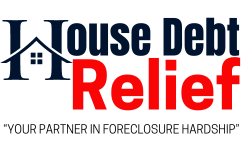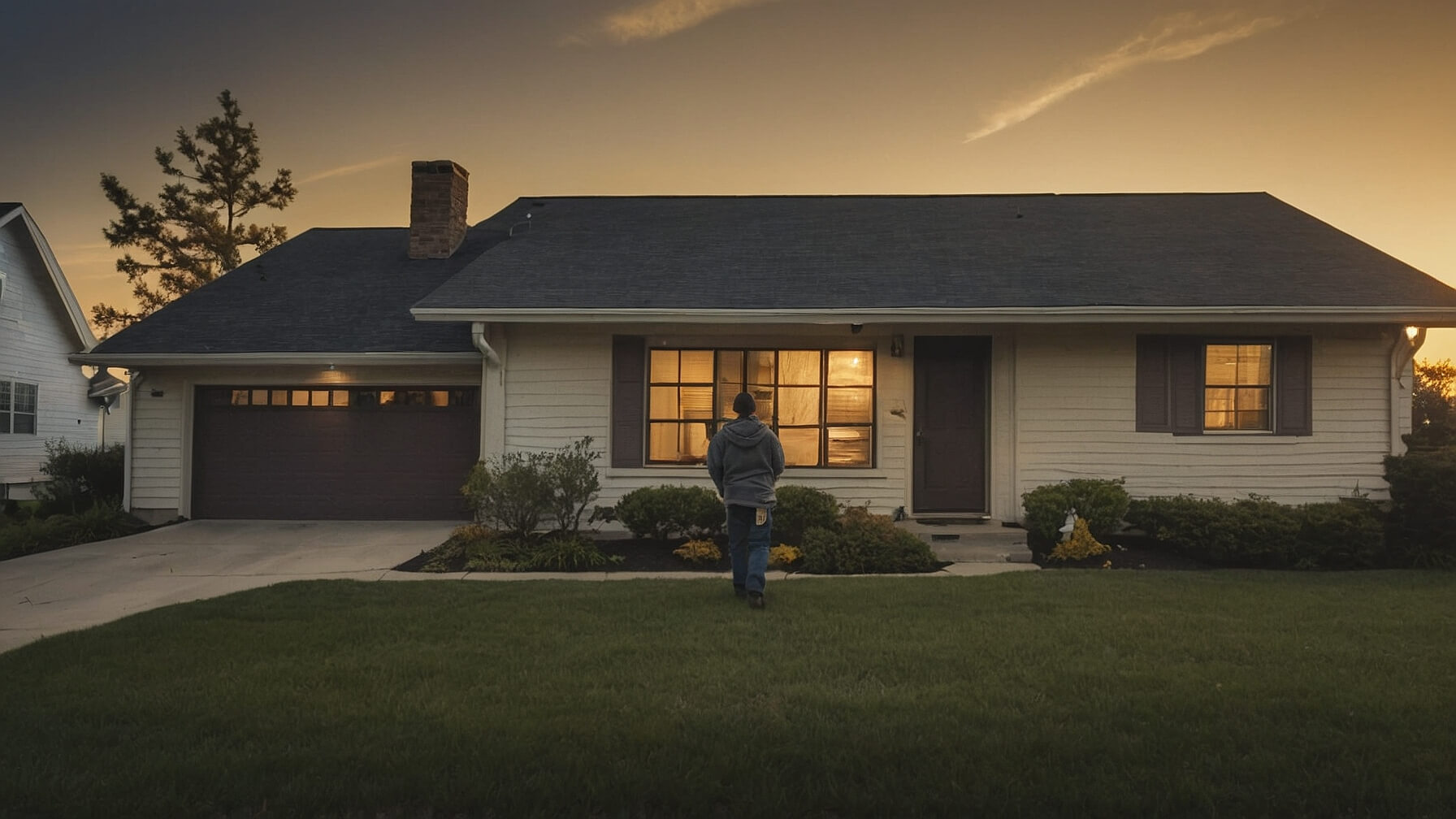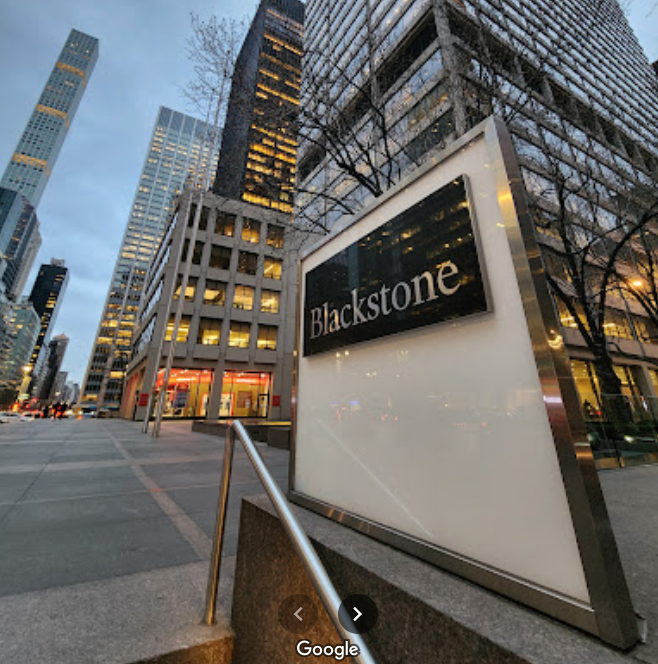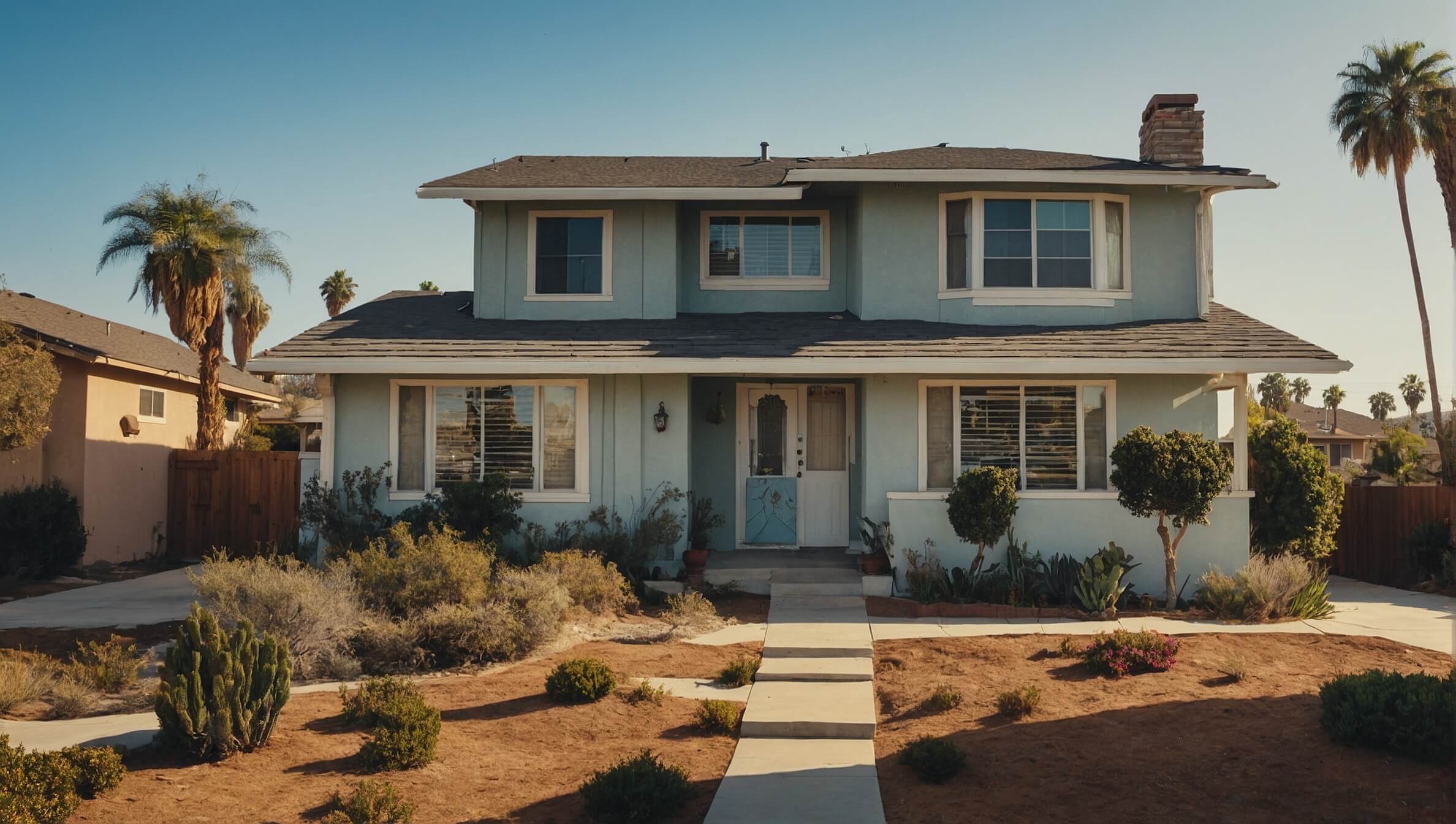By Freddie Avila
Wrap-around Mortgages (known as a wrap)
A type of Secondary Financing you can use to purchase real estate The Seller extends to the buyer an installment note which wraps around any existing notes that have already been secured by the seller.
Example:
If a home is valued at $100,000 and the balance of the mortgage is $50,000 with an interest rate of 5% and if the seller wants to sell, they can do what is called “Seller financing” The seller will carry the note with a new mortgage at $100,000 and a 6% interest rate.
An elderly couple smiles at the kitchen table, ready to embark on their retirement journey, knowing their children prioritize their health and happiness over material possessions
The buyer will now make payments directly to the property’s seller (previous owner), who will then make payments to the pre-existing mortgage, hence the term “wrap-around mortgage.”
Many home buyers or real estate investors lack the knowledge or tools to successfully execute this type of transaction.
There are numerous alternative solutions for home purchases or dealing with foreclosures. Here are a few:
- Short Sale:
- Short Pay:
- Seller Financing:
- Wrap-around Mortgage:
- Loan Restructuring:
- Subject-to:
- Cash Offer:
- Reverse Mortgages (not recommended):
The appropriate solution depends on various factors such as the homeowner’s situation, the lender, the type of loan, and the property’s condition. For instance, a wrap-around mortgage might be suitable if the property has been inherited and the heirs wish to sell quickly.
Another scenario where a wrap-around mortgage could prove effective is during market shifts. Offering this solution could create significant opportunities, allowing for substantial equity and maximizing the use of available cash.
When can you employ a wrap-around mortgage?
- When a seller desires more money than cash buyers are willing to offer.
- When a seller’s property doesn’t qualify for conventional financing due to its condition or other factors. Wrap-around mortgages enable sellers to qualify a broader range of buyers and avoid limiting their options.
**Example two: **
You have a seller (homeowner) with a property valued at $100,000. However, they cannot qualify for a conventional loan due to approximately $10,000 in needed repairs, which the seller is unwilling to make. As a result, the seller is unable to sell to all-cash buyers, and none of the investors (wholesalers) are willing to offer more than $70,000 for the property.
On the other hand, you have a buyer willing to pay the full $100,000, but through a wrap-around mortgage and a deposit of $80,000. The seller is now willing to carry the note (bank mortgage) for the existing balance, plus an additional 1% interest rate above the original mortgage.
I hope you found this information helpful. Depending on where you’re reading this article, please consider subscribing or requesting a mutual follow. I have many more articles on the way. Thank you.
For Further Assistance:
For direct assistance, reach out to Freddie Avila at 310-940-8886 or via email at contact@housedebtrelief.com. Your privacy and confidentiality are paramount to us. Visit House Debt Relief for more information
General Advice and Support for Homeowners Facing Foreclosure
At House Debt Relief, we provide general advice and support for homeowners facing foreclosure, tailored to your unique financial situation. Our primary goal is to offer guidance that aligns with your best interests.
We recommend exploring assistance through non-profit, city, and state resources first. If these resources cannot provide the help you need, please reach out to us for further assistance or to request our advice at any time.
House Debt Relief is here to support you.











